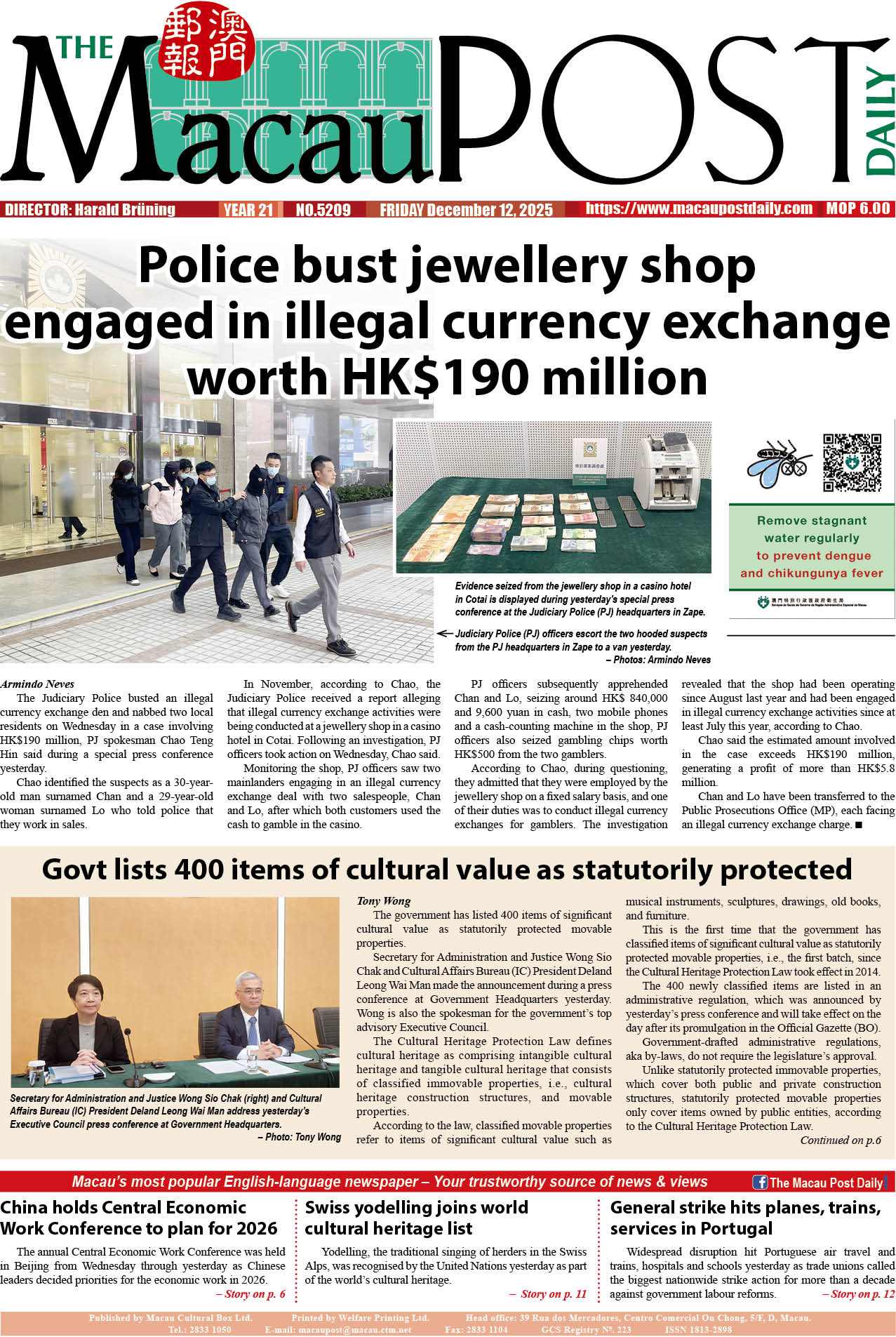Commentary by Lee Tak Lim
Hong Kong reported 90,000 fewer citizens in the past 12 months. Most are believed to have left and emigrated. This unusual wave of departures coincided with the national security law passed by the Standing Committee of the National People’s Congress (NPC) and promulgated in Hong Kong on July 1, 2020.
The enactment of the law was intended to restore order after Hong Kong’s year-long turbulence. It did restore order and, more, many prominent activists were arrested and sentenced to prison.
Jason Wordie, in the July 25 issue of South China Morning Post’s Post Magazine, published an article entitled “Gone for good”. Drawing on government data that about 1,000 people a day are currently leaving Hong Kong, he said the wave of departures would be different from the last one. This time people were departing for good.
The last time Hong Kong faced accelerated emigration was before and around 1997, the year when Britain handed back Hong Kong to Chinese rule. The emigrants were afraid that Hong Kong would turn into one of mainland China’s cities despite the no-change guarantee pledged by the Basic Law. They were wrong.
Many of those who chose to leave were highly paid executives. They were prepared for a career relegation, a price they were ready to pay. It is not just the language barrier, but also the culture which might take years for one to get used to. When they knew what they thought might happen had not resulted as feared, they faced another dilemma.
When one has been in a position with many subordinates for a long time, surrendering to a rank-and-file job is humiliating. Besides, a Hong Kong emigrant often has to settle for a different but inferior lifestyle. Many finally decided to return, but left behind their wives to take care of their school-age children. Another crisis loomed.
With the bread winners working in Hong Kong to support their families in a faraway city, they could only get together a month per year, at most. Separated by space and time, relationships broke up, resulting in shattered families.
Is the current emigration wave different? Mr. Wordie said “Yes” and, probably, he is right. However, he attributed the departures solely to the national security law. To do this without any mention of other factors at play is unfair, if not misleading.
From 1841 to 1997, Hong Kong was a colony of the UK. Eligible citizens were given British National Overseas (BNO) passports, the holders of which are entitled only to a six-month visa-free visit to UK. It is estimated that 350,000 Hong Kong citizens are holding the BNOs and a further 2.5 million are eligible for one.
The UK complained that the national security law had breached the Joint Declaration, the document signed between China and the UK about Hong Kong’s return from British to Chinese rule. Portraying the image of a responsible government caring for those governed by a previous colony, the UK offered Hong Kong’s BNO holders a chance to settle there.
With significantly reduced conditions, BNO holders, after residing for five years in the UK, can now apply for citizenship in the following year. On arrival, their children can enjoy free education at state schools and, after three years, local fees at universities.
The UK is the first choice for Hong Kong’s parents to send their children for secondary and tertiary education. Studying in the UK, however, is expensive and unaffordable for most families. The UK’s citizenship offer and its associated schooling benefits are irresistible even to those BNO holders who have no intention of leaving Hong Kong.
The national security law provides the motive but an incentive is also needed. I would agree that some diehards, suggested by Mr. Wordie, decided to leave just because of the law. The UK’s offer is not their primary consideration. But I would argue that not all who have left, along with those planning to leave belong to this category.
The savings on their children’s education and the eventual holding of two citizenships, UK and Hong Kong, are too attractive not to take advantage of. I believe that there are two more categories which include the hesitant but more determined because of the offer, as well as those who aim solely at the educational and citizenship benefits.
Mr. Wordie sounded like all of them would not return to Hong Kong. I would take this to mean they will reside and work in the UK and, on occasions, visit their relatives and friends in Hong Kong. I consider this prediction too premature even if I agree that the would-be emigrants, at this moment, are very determined.
Hong Kong is still a nice and dynamic city and six years can change a lot. Any prediction now of what will happen after six years is bound to disappoint. The choice of residency depends on the relative attractiveness of two locations – the UK and Hong Kong.
Would they return. Who knows?








